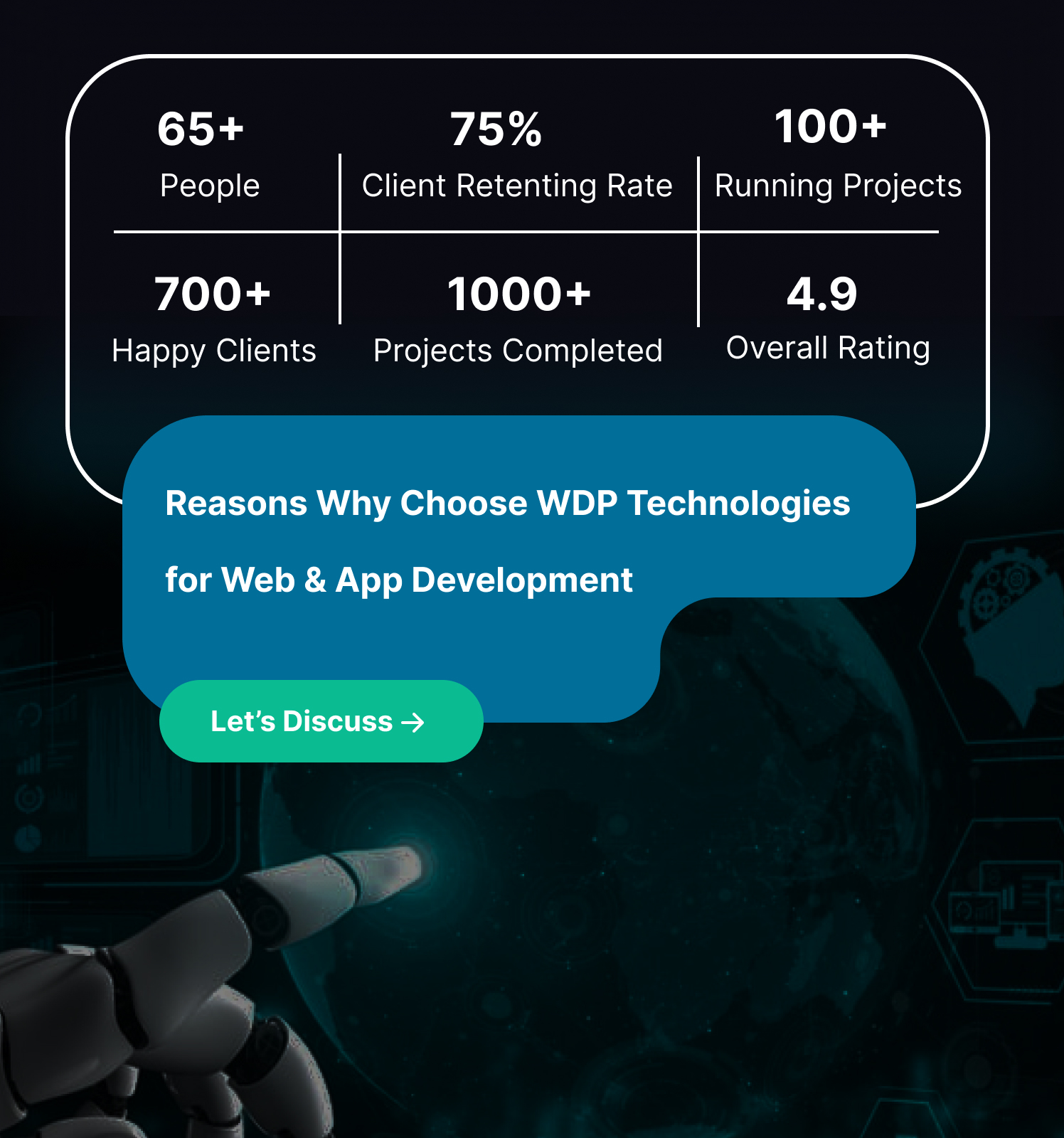In today’s rapidly evolving digital era, mobile app development has become a crucial aspect of businesses and individuals alike. The widespread usage of smartphones and the growing demand for seamless user experiences have made mobile apps an essential tool for engagement, productivity, and entertainment. However, developing a successful mobile app is no easy feat, and developers often face a myriad of challenges throughout the process. In this blog, we will explore 15 real challenges in mobile app development and how developers can overcome them.
Real Challenges in Mobile App Development
Mobile app development is a complex and challenging process, and there are many factors that can make it difficult. If you are able to overcome the challenges and create a successful mobile app, you can reap the rewards of a successful business. Here are some of the real challenges that mobile app developers face:
1. Platform Fragmentation
Platform fragmentation refers to the vast array of mobile devices and operating systems available in the market. One of the biggest challenges in mobile app development is the wide range of operating systems, device types, and screen sizes. Developers need to ensure that their app functions seamlessly across different platforms such as iOS, Android, Windows, and others. Each platform has its unique set of development tools, programming languages, and design guidelines, making it crucial to adapt the app to each platform’s requirements. Moreover, the diverse screen sizes and resolutions across devices further complicate the development process.
2. User Interface and Experience (UI/UX)
The UI/UX of a mobile app plays a pivotal role in attracting and retaining users. Creating an intuitive and visually appealing user interface that aligns with the app’s functionality and resonates with the target audience is a challenge. Developers must invest time in user research, prototyping, and conducting usability tests to fine-tune the UI/UX and ensure a delightful user experience. Good design give better business
3. Security and Data Privacy
In an era of increasing cyber threats and data breaches, app security is of utmost importance. Developers must implement robust security measures to safeguard user data, including secure data storage, encryption techniques, and secure authentication methods. Regular security audits and updates are necessary to address potential vulnerabilities and protect user information. This is one of the most important and major challenges in mobile app development.
4. Performance Optimization
Mobile apps need to be fast and responsive to deliver a seamless user experience. Performance optimization involves minimizing loading times, reducing resource consumption, and managing memory effectively. A well-optimized app not only enhances user satisfaction but also impacts app store rankings and user retention.
5. Offline Functionality
Many users expect mobile apps to function even without an internet connection. Implementing offline functionality involves storing data locally and synchronizing it with remote servers when the internet becomes available. Offline features can significantly improve user satisfaction, especially in regions with poor or limited network coverage.
6. Compatibility with Older Devices
Ensuring that the app works smoothly on older devices can be challenging due to hardware limitations and outdated software versions. Striking a balance between providing cutting-edge features and ensuring compatibility with a broader range of devices requires thorough testing and optimization.
7. App Store Approval Process
Publishing an app on major app stores, such as the Apple App Store and Google Play Store, requires strict adherence to their guidelines and policies. The approval process can be lengthy, with the possibility of rejection if the app does not meet specific criteria. Developers must thoroughly review the app’s compliance with the app store guidelines to avoid delays and rejections.
8. Continuous Integration and Testing
Continuous integration and continuous testing are essential practices in modern app development. Automating testing processes and integrating them into the development workflow helps identify and fix bugs and issues early in the development cycle, ensuring a more stable and reliable app.
9. User Engagement and Retention
Acquiring new users is only the first step; retaining them is equally important. Engaging users through relevant content, push notifications, personalized experiences, and loyalty programs can improve user retention and foster brand loyalty.
10. Monetization Strategy
Choosing the right monetization strategy depends on the app’s target audience, niche, and value proposition. Developers must carefully consider whether to charge upfront for the app, offer in-app purchases, subscriptions, or include advertisements. Balancing revenue generation with user experience is crucial for long-term success.
11. Integration with Third-party APIs
Third-party APIs can enhance app functionality and save development time. However, integrating external APIs requires proper documentation, compatibility checks, and the potential need for updates as the APIs evolve. Developers must stay vigilant to avoid disruptions caused by changes in third-party services.
12. App Analytics and Performance Monitoring
Tracking user behavior and app performance through analytics is vital for making informed decisions. Understanding user engagement, app usage patterns, and identifying potential bottlenecks helps developers iterate on the app to improve user satisfaction continually.
13. Regulatory Compliance
Depending on the app’s nature and target audience, developers may need to comply with various legal and regulatory standards such as GDPR (General Data Protection Regulation), COPPA (Children’s Online Privacy Protection Act), HIPAA (Health Insurance Portability and Accountability Act), etc. Non-compliance can lead to legal consequences and damage to the app’s reputation.
14. Project Management & Communication
Mobile app development involves multiple teams working together. Effective project management and communication tools are essential for coordinating tasks, adhering to timelines, and resolving potential conflicts. Clear communication helps streamline the development process and ensures everyone is aligned with the project’s objectives.
15. User Feedback and Iteration
Continuous improvement is vital for any mobile app’s success. Developers must actively seek user feedback and iterate on the app based on user suggestions and pain points. Regular updates that address user needs help maintain user engagement and attract new users through positive word-of-mouth.
How Can Developer Overcome These challenges in Mobile App Development
Developers can overcome the challenges in mobile app development through careful planning, adopting best practices, and leveraging relevant tools and technologies. Here are some strategies to tackle each challenge:
🔹 Platform Fragmentation: Adopt cross-platform development frameworks like React Native or Flutter to streamline development across multiple platforms.
🔹 User Interface and Experience (UI/UX): Conduct user research, usability tests, and iterate on design to create an intuitive and visually appealing UI/UX.
🔹 Security and Data Privacy: Implement encryption, secure authentication, and regular security updates to safeguard user data.
🔹 Performance Optimization: Use tools like ProGuard, optimize images, and manage memory efficiently to enhance app performance.
🔹 Offline Functionality: Store data locally and use synchronization techniques to enable offline functionality.
🔹 Compatibility with Older Devices: Test the app on older devices and optimize for performance on low-end hardware.
🔹 App Store Approval Process: Thoroughly review app store guidelines and comply with policies to avoid rejections.
🔹 Continuous Integration and Testing: Implement automated testing and continuous integration to catch bugs early.
🔹 User Engagement and Retention: Offer personalized content, push notifications, and loyalty programs to keep users engaged.
🔹 Monetization Strategy: Choose the right monetization model that aligns with the app’s value proposition and user base.
🔹 Integration with Third-party APIs: Stay updated with API changes and use versioning to avoid disruptions.
🔹 App Analytics and Performance Monitoring: Utilize analytics tools to track user behavior and app performance for data-driven decision-making.
🔹 Regulatory Compliance: Understand and adhere to legal and regulatory standards based on the app’s target audience.
🔹 Project Management and Communication: Use effective project management tools and foster clear communication among team members.
🔹 User Feedback and Iteration: Actively seek user feedback, analyze it, and regularly update the app to address user needs.
Read More : How To Manage Offshore Development Team Effectively
In Conclusion
Mobile app development is a dynamic and multifaceted process. Addressing these 15 major challenges in mobile app development requires a combination of technical expertise, user-centricity, and effective project management. By staying vigilant, adopting best practices, and actively seeking user feedback, developers can build successful and impactful mobile apps that meet the needs and expectations of their target audience.












